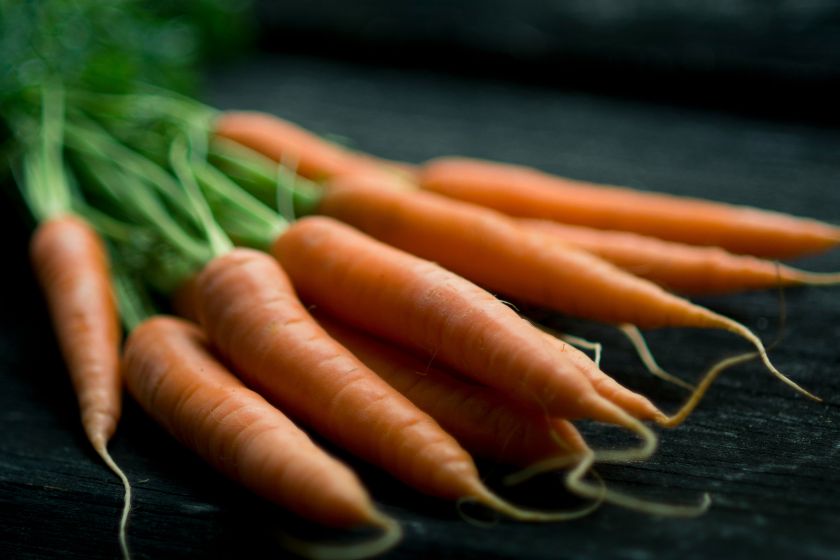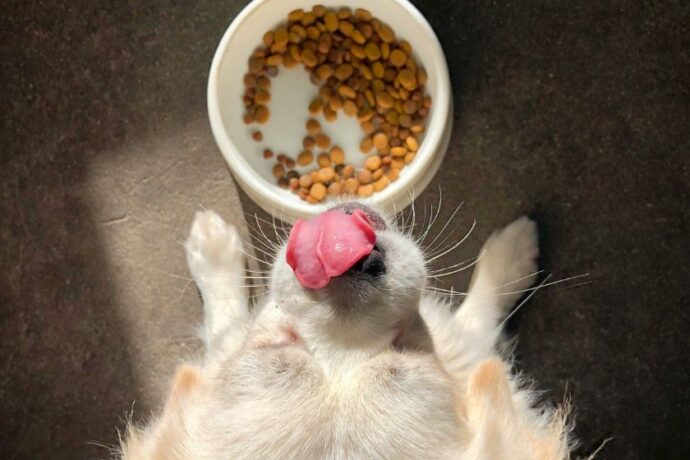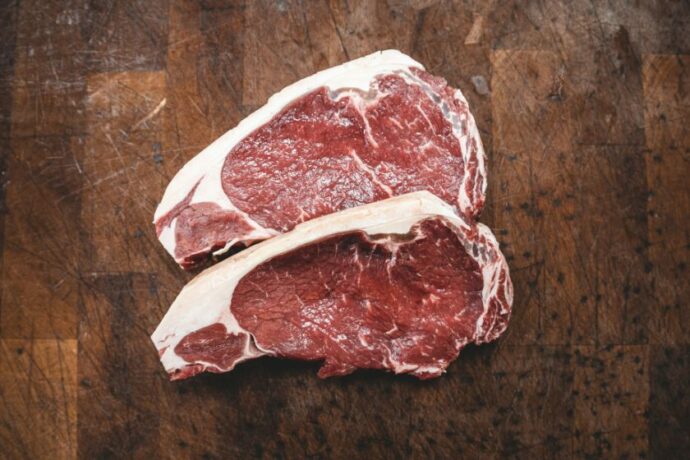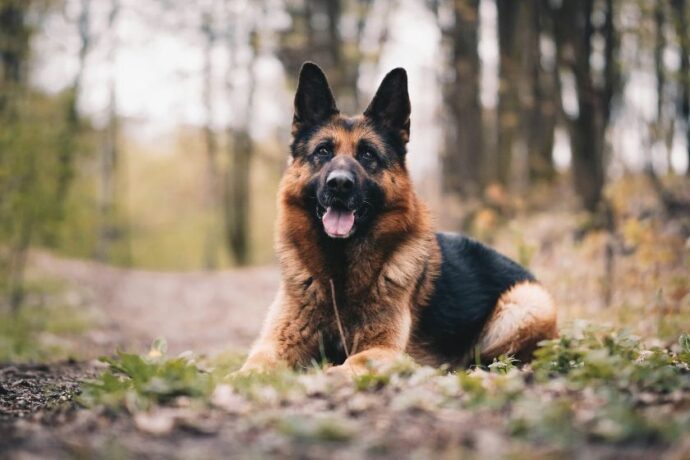
A Healthy Snack or Something to Avoid?
If you’re wondering, “Can dogs eat raw carrots?“, the answer is a resounding yes! Carrots are a low-calorie, nutrient-dense treat that offers several health benefits for your furry friend. Not only are they packed with vitamins, but they also support dental health and digestive regularity. Whether you serve them raw, cooked, or frozen, carrots can be a healthy and natural addition to your dog’s diet.
This post covers everything you need to know about feeding your dog raw and cooked carrots. We’ll also discuss how to introduce them safely and address any risks involved.
Are Raw Carrots Safe for Dogs?
Yes, dogs can eat raw carrots, and many pups enjoy the crunchy texture as a snack. Raw carrots are an excellent source of vitamins, particularly Vitamin A, which supports eye health and immune function. They also contain fiber, which helps promote healthy digestion.
Benefits of Feeding Dogs Raw Carrots:
- Dental Health: Chewing raw carrots can help scrape plaque off your dog’s teeth, promoting oral hygiene.
- Low-Calorie Snack: Carrots are low in calories, making them a great option for dogs on a weight management plan.
- Rich in Nutrients: Carrots are high in potassium, antioxidants, and Vitamin A, all of which contribute to a healthy immune system.
While raw carrots are generally safe, be mindful of portion sizes. Small dogs or puppies may find larger carrot chunks difficult to chew, increasing the risk of choking.
Can Dogs Eat Cooked Carrots?
Yes, dogs can eat cooked carrots, and some may even prefer them to raw ones. Cooking carrots softens their texture, making them easier for dogs—especially seniors or those with dental issues—to eat. Cooking also makes some nutrients more bioavailable, meaning your pup can absorb them more efficiently.
Benefits of Feeding Dogs Cooked Carrots:
- Easier to Digest: Cooking breaks down some of the fiber, making it gentler on sensitive stomachs.
- Retains Nutritional Value: Steaming or lightly boiling carrots preserves most of their vitamins and minerals.
- Versatile Add-on: Cooked carrots can easily be mixed into wet food or kibble as a healthy topper.
Be sure to avoid adding salt, butter, or other seasonings when preparing carrots for your dog, as these can be harmful to pets.
Can Dogs Eat Frozen Carrots?
Absolutely! Frozen carrots make a refreshing treat, especially on warm days. They are also an excellent teething aid for puppies, providing a soothing effect on their gums.
How to Serve Frozen Carrots Safely:
- Choose Small Pieces: Chop large carrots into smaller, bite-sized portions to avoid choking hazards.
- Monitor Your Dog: Always supervise when feeding frozen carrots to ensure your dog chews them properly.
- Great for Teething Puppies: The cold texture can help alleviate discomfort from teething.
How to Feed Carrots to Your Dog Safely
When feeding your dog raw or cooked carrots, it’s essential to follow a few safety guidelines to ensure your pup enjoys their snack without any issues.
Safety Tips:
- Cut carrots into small pieces: For smaller dogs, slice carrots into bite-sized portions to prevent choking.
- Introduce gradually: Introduce carrots slowly to avoid digestive upset, especially if your dog isn’t used to high-fiber foods.
- Monitor for allergies: Although rare, some dogs may have food sensitivities. Watch for signs of an upset stomach or allergic reaction.
Carrot Serving Ideas for Dogs
Looking for creative ways to incorporate carrots into your dog’s diet? Here are some simple serving ideas:
- Raw Carrot Sticks: Perfect as a quick snack or reward during training.
- Steamed Carrot Slices: Add them to your dog’s regular meals for an extra nutritional boost.
- Carrot Puree: Mix it into wet food for picky eaters or dogs with dental issues.
- Frozen Carrot Cubes: Refreshing treats on hot days or soothing chews for teething puppies.
Are There Any Risks to Feeding Carrots?
While carrots are generally safe and healthy, there are a few considerations to keep in mind:
- Choking Hazard: Large chunks of raw carrot can be a choking risk, especially for small dogs. Always cut them into smaller pieces.
- Moderation is Key: Although carrots are low in calories, they contain natural sugars. Overfeeding can lead to weight gain, so offer them in moderation.
- Digestive Upset: Carrots are high in fiber, which may cause gas or loose stools if your dog isn’t accustomed to them.
Whether you serve them as a crunchy snack or mix them into meals, carrots are a nutritious, dog-friendly food. Just remember to introduce them gradually, monitor portion sizes, and avoid seasonings.
Adding carrots to your dog’s diet can support oral health, boost immunity, and provide a tasty, low-calorie treat. At Small Batch Dog Food, we recommend including natural, whole foods like carrots in your dog’s meals to promote overall wellness.



